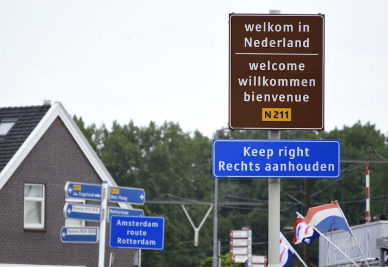The kennismigrant, or highly-skilled migrant, scheme, which allows thousands of people from outside the EU to work in the Netherlands, is open to fraud, is outdated and there is no adequate supervision, the head of the government’s labour inspectorate says in a new report.
Rits de Boer, who previously called for action to stop the abuse of seasonal workers, said in a document attached to the inspectorate’s annual report, that salary more than knowledge is “driving this form of migration”.
Inspectors have come across “hairdressers, cable layers, cleaners, payroll workers, hospitality sector workers and nail salon workers” who have been brought to the Netherlands using the scheme. “There are also knowledge workers who turn out not to work at all, and others who work but receive little or no pay,” De Boer said.
In some cases inspectors have found people “buying” a passport via the scheme, because after five years in the Netherlands, the highly-skilled migrant can apply for Dutch nationality.
Sponsorship
In total, over 10,500 companies have been cleared to sponsor highly-skilled migrants under the scheme. To qualify, a person must meet certain salary thresholds – roughly 1.5 times the average Dutch pay – have skills not available in the Netherlands, and their employer must ask for the visa.
However, De Boer points out, there is no educational requirement. “The main requirement, which is a proxy for knowledge, is that a minimum salary is promised,” he said.
“The main reason often cited for the scheme is to hire enough workers with specialist high-tech knowledge for chip machine production… but this is at odds with the fact that 10,500 companies are entitled to attract knowledge migrants,” he said.
“By focusing on truly knowledge intensive firms, the scheme’s reach would be cut to a few hundred… and would cover just a few percent of all jobs.”
Around 90,000 people are thought to be in the Netherlands via the highly-skilled migrant scheme.

